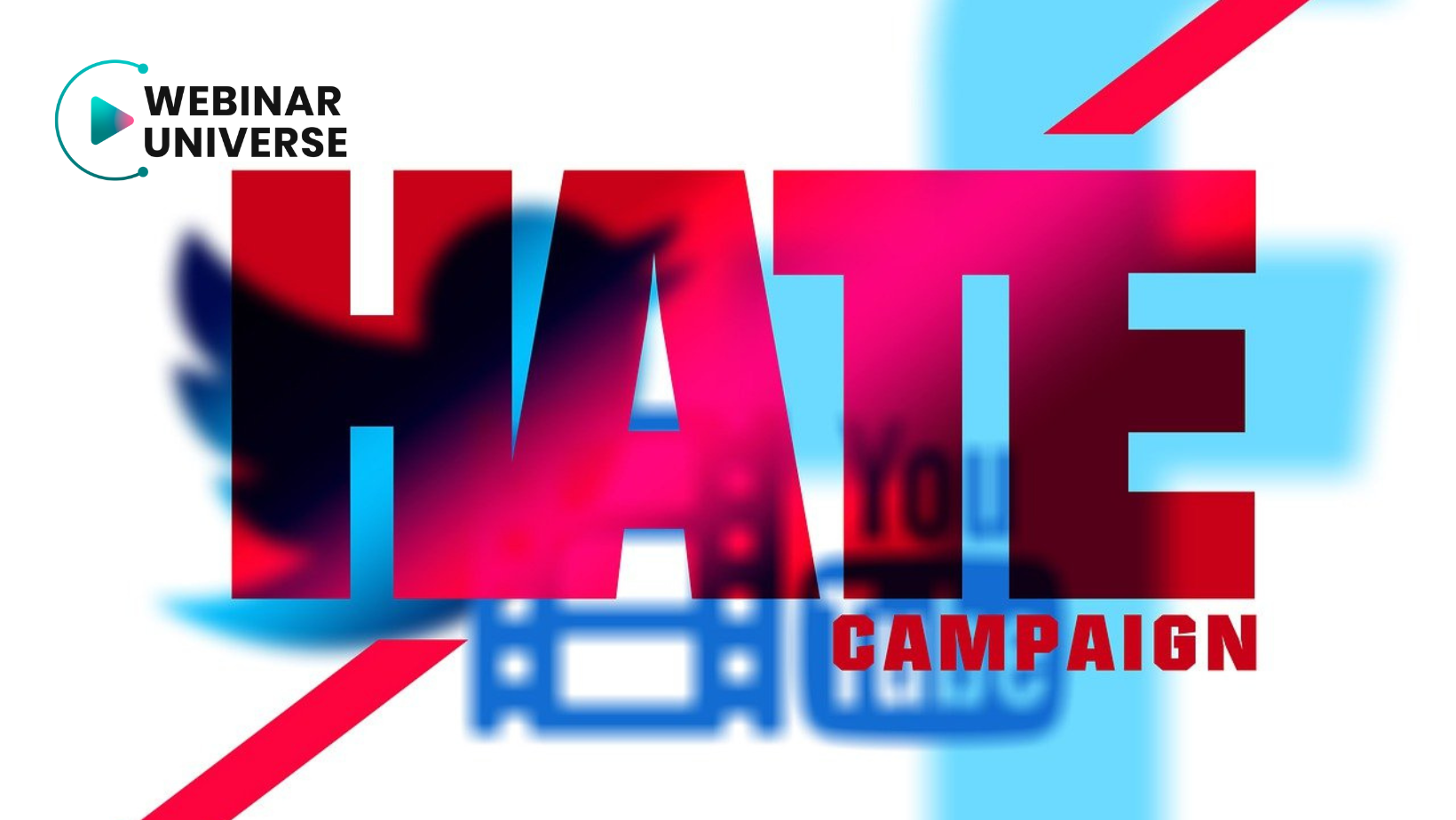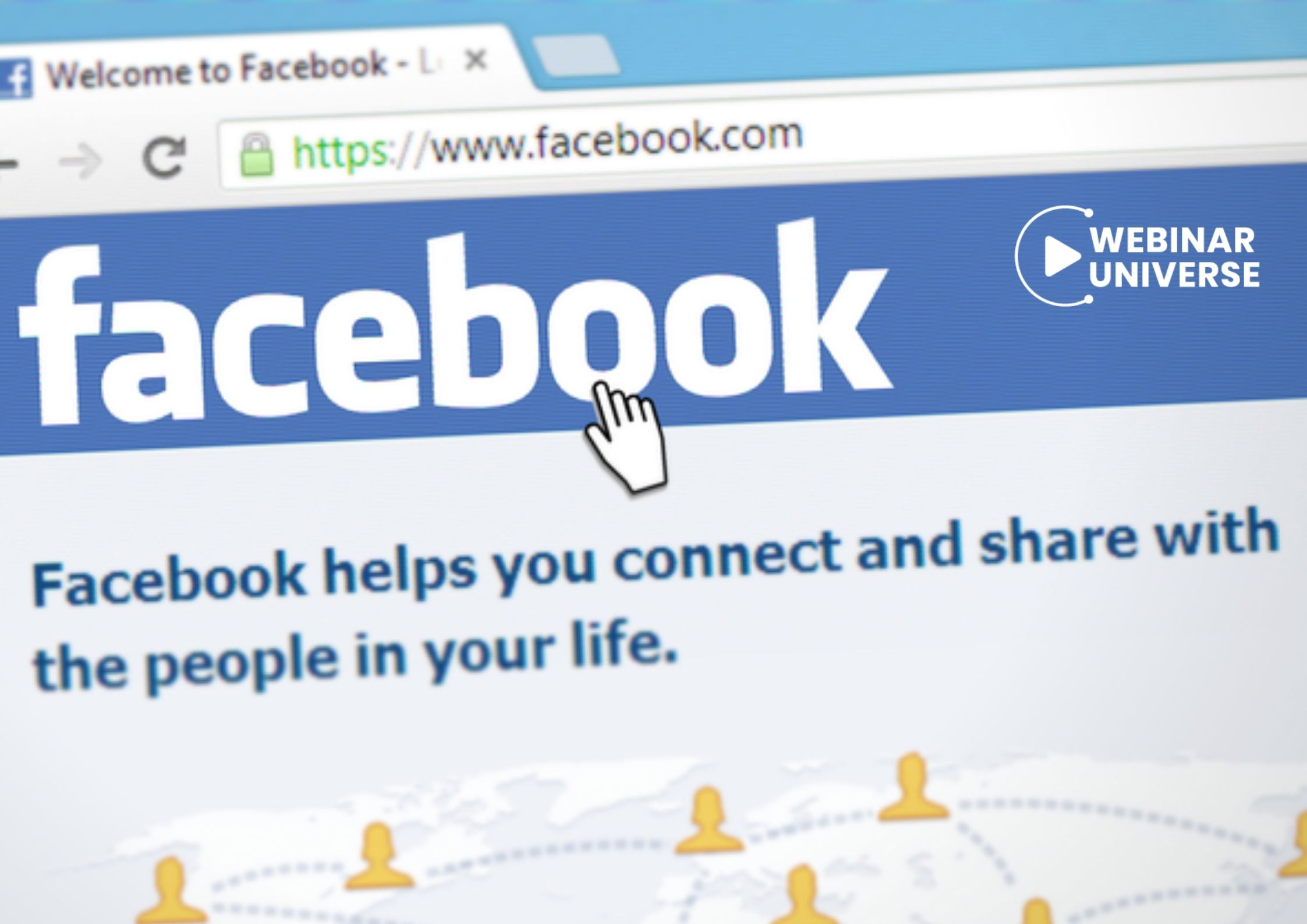Hating, that is …?
By definition, hating is hate speech. It is criticising someone or something. Most often - anonymously or under a pseudonym. Why? The authors of such opinions feel unpunished when they do not appear under their own name. The comments are negative. They are not supported by any arguments. They are simply criticism, a negative opinion. Often expressed in a vulgar, boorish manner. It insults the person or persons towards whom it is directed. There is aggression, resentment. Such a statement goes beyond criticism; it is not an evaluation, but simply an unpleasant comment.
This phenomenon is very common online. It is associated with a certain feeling of impunity and anonymity. Many people think that the Internet is lawless. As a result, they do not think about whether their comments will hurt or annoy someone. They do not think that they will be punished for their comments. Meanwhile, hate speech and hate is considered a criminal offence.
Hate speech can be in text form, but it does not have to be. It is just as common for memes or images to appear with the intention of insulting someone. It is not uncommon for haters to also create videos or recordings.
Haters act under the influence of emotion. They want to vent their anger or fear quickly, so they direct these emotions towards other people. However, it does not always look like this. Many people coldly calculate and weigh their words before writing a comment. In this way, they create posts that are intended to hurt the recipient as much as possible. To hit a sensitive spot. This is the goal of the hater. Want to learn more about social media? Consider online training courses. You can find them on Webinar Universe. The platform, which offers courses accessible via the web, is an excellent choice for people who want to combine learning with other responsibilities.
Social media hate
Is hate a new phenomenon? Definitely not. It did not emerge with the development of the web or social media. Hate can be considered to have moved from the real world to the virtual world with the spread of the internet. It is easier to offend someone online, especially without signing your own name. How can you recognise hate? First of all, it is important to distinguish it from constructive criticism. Such criticism may also be negative, but it contains arguments. The person expressing such an opinion says what he or she does not like and why. He or she may also propose solutions to improve the situation. The aim here is not just to offend someone or to comment on something in an unpleasant way. The author of the criticism wants the person to whom he or she is directing the comment to know where the negative assessment came from. On this basis, he or she can draw conclusions and improve something for the future.
The hater does not aim to make the person change something in his or her artwork - photos or videos, for example. He does not like something and gives vent to his frustration. He expresses himself negatively, he expresses his feelings. He may offend someone. He does not argue his points. He may write under someone's post "you are stupid". "Your work is hopeless". These are comments intended to offend someone, devoid of arguments, based only on the feelings of the person commenting. The author is driven by the desire to express negative feelings towards someone. He or she wants to insult someone. All offensive content without arguments is hate.
Hate comments are most often made by people who are well-known online or offline. Politicians, actors, athletes, influencers, but also companies are victims of hate. Haters feel anonymous and unpunished, which is why they like to air their grievances on the Internet.

Want to learn more? Webinar Universe is a training platform where you can find courses in many fields.
Hate and the consequences for our company
Users today look for information about products and companies on the Internet more readily than before. They check out a company's offerings and are keen to read what a brand writes about itself. They follow posts on social media. Just as often, they look for reviews of products or services. What other customers write about them very often influences the final purchase decision. If there are a lot of negative voices online, the user may abandon the purchase.
Opinions are not always constructive. Sometimes dissatisfied customers - or people not connected to the brand - leave hateful comments. However, there are also opinions that are devoid of argument. It is also not uncommon for competitors to resort to unfair practices by hating and writing negative reviews.
Can this harm the company? Absolutely. On the one hand, the ubiquitous hate, unfavourable comments, malice and rudeness drive away potential customers. Nobody likes to be stuck in an unfriendly environment. On the other hand, negative reviews, especially untrue ones, can affect a company's rating and reduce the number of new customers.
How to defend against it?
How do you combat hate? It's such a common phenomenon that it's difficult to protect yourself from it altogether - especially when running a large, recognisable company. When operating on social media, it is worth taking care of what you write. Words have enormous power. The content of posts on company pages is very important. Check that they are not controversial. Do you create texts that are interesting, understandable, linguistically and orthographically correct and convincing. The content can be read by anyone. They must not offend or discriminate against anyone.
If negative comments appear, first check carefully whether you have made a mistake, whether your entry could not be understood in reverse. If the opinions are unfounded, insulting to you or the company, do not delete them. Only delete those where there is uncensored content. Respond to criticism. Be cultured. Keep your emotions in check and take each sentence into account. In this way, you will show your audience that you consider every comment and are trying to help in every situation.
Don't let offensive, unkind content provoke you. Don't respond in the same tone. Then even the hate under your posts will not make customers give up your services or stop buying your products.
Hate is a common phenomenon on the internet. It cannot be avoided. The web has given users a voice and they are happy to use it. Not everyone culturally and nicely. People who feel impunity and anonymity give vent to their frustrations by insulting others. You meet a lot of people on social media. Not everyone will like each other. Remember to maintain a culture of expression on your company fanpage - even if there are unpleasant posts. In this way, you will show your professionalism. Customers will certainly appreciate it.
